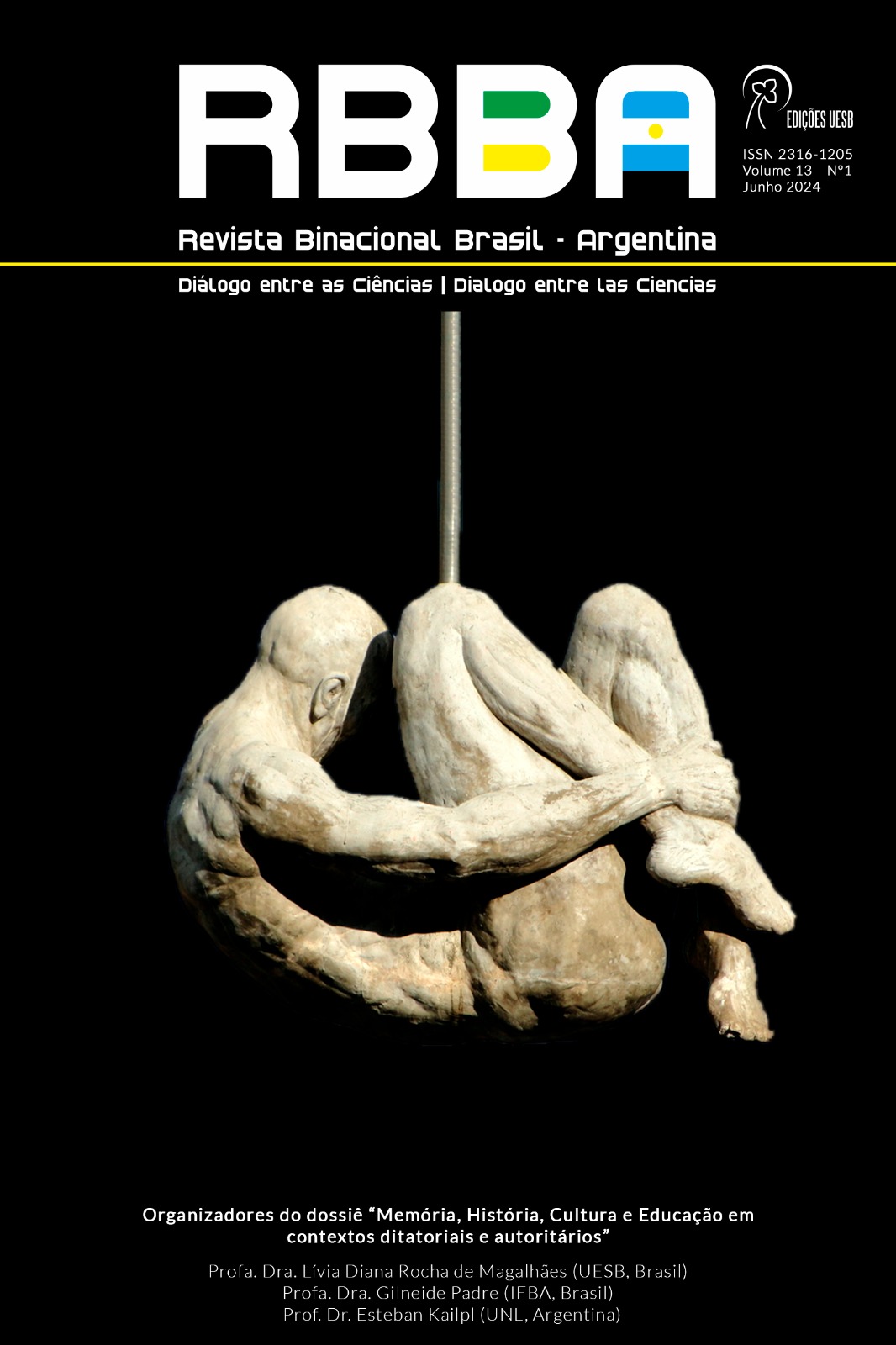Procreative work: from human survival to capital accumulation
DOI:
https://doi.org/10.22481/rbba.v13i01.14477Keywords:
Procreation, Labor, WomanAbstract
In this text, we reflect on human procreation through labor, addressing its relationship with the survival of the species, the complexity of social organization, the emergence of the State, and the accumulation of capital. We analyze this issue based on concepts from philosophers such as Hannah Arendt and Silvia Federici, highlighting the role of labor in sustaining life and reproducing the workforce. We highlight historical, social, and economic aspects of procreation. We emphasize the change in the perception of procreation over time, with the transition from egalitarian societies to class societies, where procreation became instrumentalized for the accumulation of capital. We also address the subordination of women in the context of procreation, highlighting how control over their bodies was historically manipulated by the State and patriarchal society, as well as the repression of women who challenged gender norms and power structures. Finally, the text underscores the importance of recognizing and valuing the work of procreation, as well as combating gender inequalities and forms of oppression that affect women in this context.
Downloads
References
ARENDT, Hannah. A condição humana. 13 ed. Rio de Janeiro: Forense Universitária, 2017.
FEDERICI, Silvia. O Calibã e a Bruxa: mulheres, corpos e acumulação primitiva. São Paulo: Elefante, 2017.
LEACOCK, Eleanor Burke. Mitos da dominação masculina: uma coletânea de artigos sobre as mulheres numa perspectiva transcultural. São Paulo: Instituto Lukács, 2019.
LESSA, Sergio. Abaixo a família monogâmica! São Paulo: Instituto Lukács, 2012.
MOURA, Solange Maria Sobottka Rolim de; ARAÚJO, Maria de Fátima. A maternidade na história e a história dos cuidados maternos. Psicologia Ciência e Profissão, n. 24 (1), 2004, p. 44-55.
Downloads
Published
How to Cite
Issue
Section
License
Copyright (c) 2024 Revista Binacional Brasil-Argentina: Dialogue between the sciences

This work is licensed under a Creative Commons Attribution 4.0 International License.






